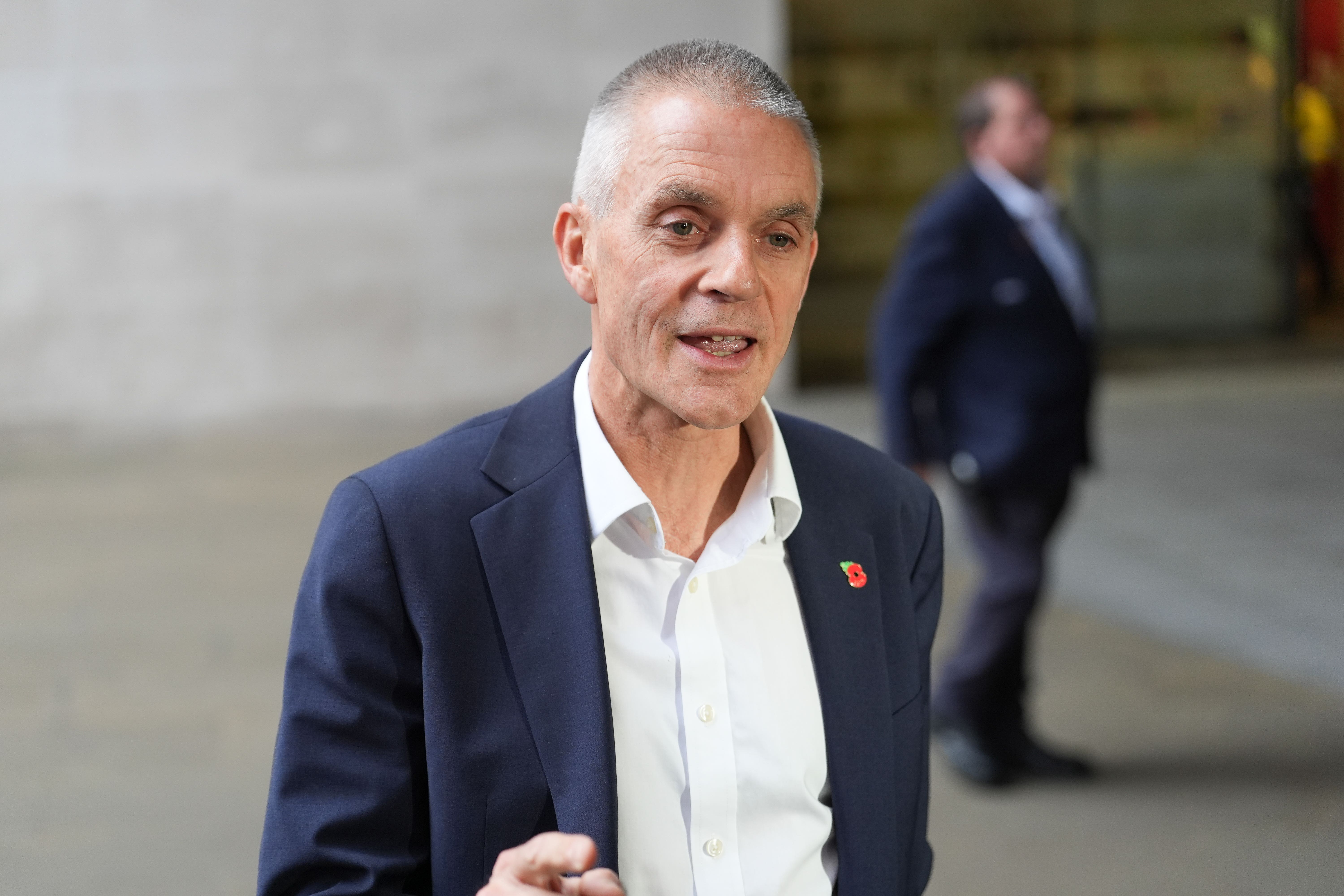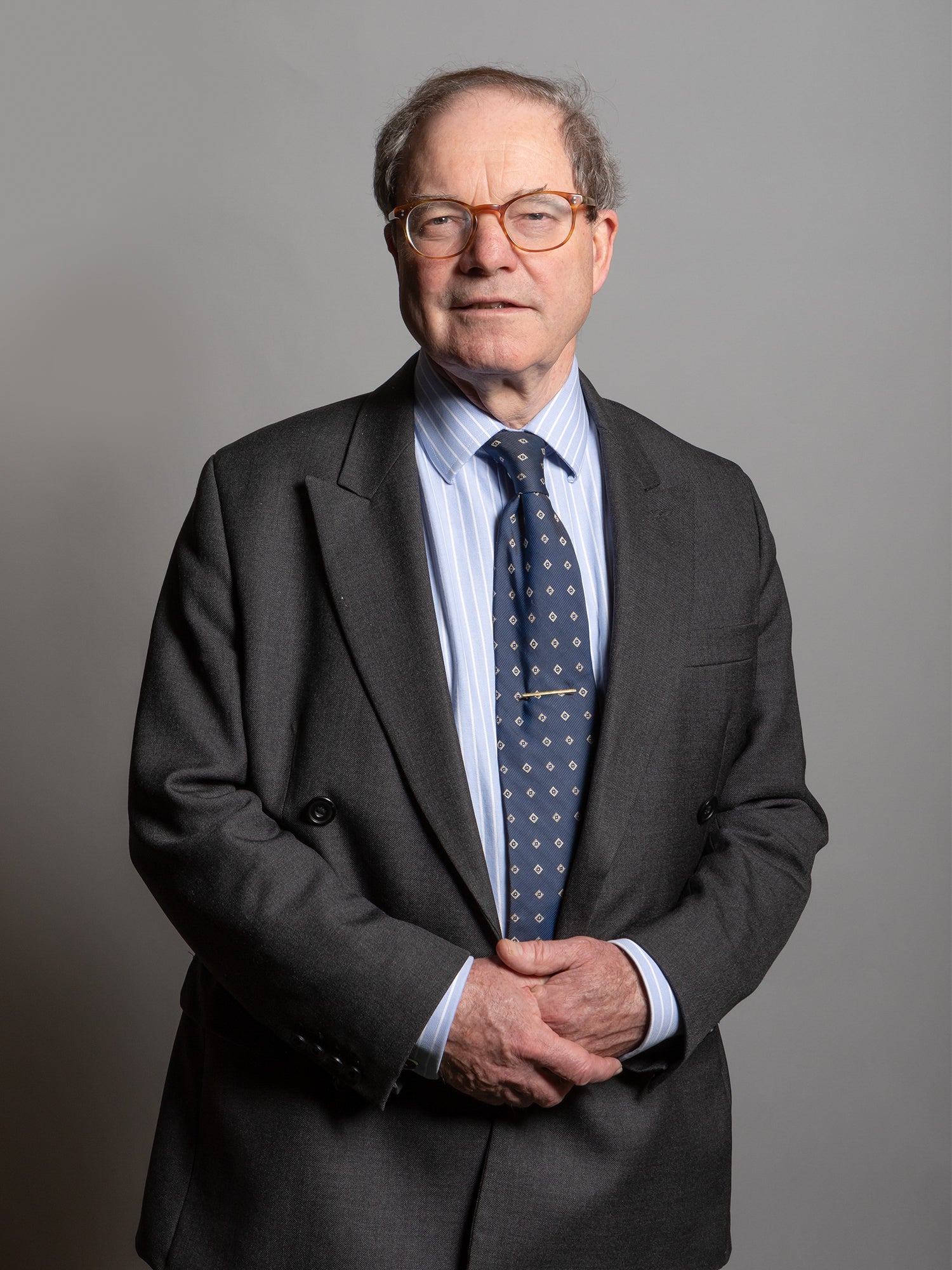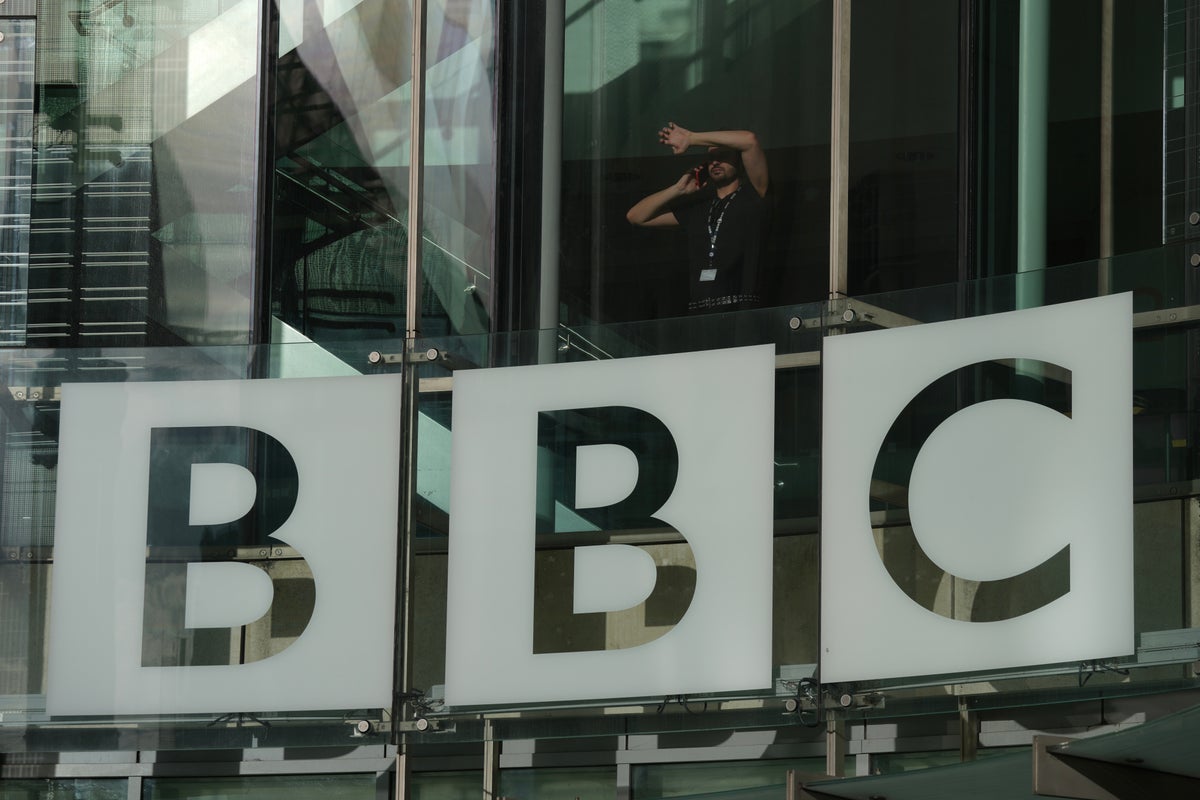- News
- UK
- Home News
The publishing of the report comes after a number of scandals at the BBC in recent months
Jenny GarnsworthyFriday 21 November 2025 00:01 GMT
 CloseBBC faces fresh allegations over Trump speech edit on Newsnight
CloseBBC faces fresh allegations over Trump speech edit on Newsnight
Get the free Morning Headlines email for news from our reporters across the world
Sign up to our free Morning Headlines email
Sign up to our free Morning Headlines email
 Email*SIGN UP
Email*SIGN UPI would like to be emailed about offers, events and updates from The Independent. Read our Privacy notice
The BBC should clearly set out how it plans to attract younger viewers as it faces “intense competition for attention” from other media providers, a parliamentary report has warned.
The Public Accounts Committee (PAC) said the BBC’s mission to “serve all audiences” is at risk as younger age groups view content elsewhere.
It added that the corporation’s digital first strategy could risk older or less digitally connected audiences being left behind.
The publishing of the report comes after a number of scandals at the BBC in recent months, leading up to the resignation of director-general Sir Tim Davie, who gave evidence to the PAC for the report.
PAC chair Conservative MP Sir Geoffrey Clifton-Brown described the BBC as “an organisation under severe pressure”.
Among several findings, the report said the BBC is not doing enough to enforce collection of the licence fee, which it described as unfair to the vast majority of households who do pay for a licence.
 open image in galleryTim Davie resigned as BBC director-general earlier this month (Lucy North/PA)
open image in galleryTim Davie resigned as BBC director-general earlier this month (Lucy North/PA)It said licence fee evasion and households not purchasing a licence together represented more than £1.1 billion in potential lost income in 2024/25.
It also said the BBC had missed opportunities to save money and improve customer engagement by not digitising the licence fee, and recommended it now do so.
The PAC also highlighted how the BBC does not provide clear information about its commercial investments, targets and actual returns from its commercial activities, and said it should begin to provide annual reports on this.
Issues with regional services were also cause for concern and it said the BBC should clearly communicate how it will ensure better representation of local communities “to sustain trust and relevance in the future”.
It said PAC members were “concerned that decisions labelled as ‘local’, such as moving operations to Manchester or Birmingham, risk overlooking the identity and needs of smaller communities”.
Reforms such as the restructuring of regional news hubs and changes to the local democracy reporting service “may have unintentionally diluted the BBC’s connection with the communities it aims to serve”, it added.
It also highlighted how the BBC is behind target in developing new intellectual property (IP), “which in turn will limit sustainable long-term revenue streams”.
Naming children’s TV series Bluey as an example of “the commercial value this can bring”, it said the BBC should set out how it will prioritise generating new IP.
The report said the BBC’s mission to “serve all audiences” is at risk, with just 51% of younger people feeling the BBC reflects them, while their overall use of BBC services – including TV, radio or online – is significantly lower than other age groups.
 open image in galleryPAC chair Sir Geoffrey Clifton-Brown said the BBC is under ‘severe pressure’ (UK Parliament)
open image in galleryPAC chair Sir Geoffrey Clifton-Brown said the BBC is under ‘severe pressure’ (UK Parliament)“With audiences now able to access an unprecedented range of content from a variety of providers, the BBC faces intense competition for attention”, the report said.
“Its digital-first strategy is an important response and there are promising signs of innovation, such as using platforms like TikTok to share news content with new demographics.
“However, this shift also carries a risk: those without reliable digital access could find themselves excluded from core BBC services.”
The report said the BBC should now set out how it will ensure access and engagement with all audiences, including innovation in digital access.
Sir Geoffrey said: “The BBC is an organisation under severe pressure.
“Its own founding aspiration to be a truly universal broadcaster reflecting all its viewers means that this pressure, from both within and without, is inherent in its mission.
“Our report offers a snapshot of the BBC’s efforts to deliver value for money as it seeks to thrive in an increasingly fragmented media landscape and illustrates the tensions it must navigate in multiple areas of its business – in efficiently collecting the licence fee; in providing that universal service; in staying relevant to its audiences.
“On the licence fee, our report makes clear that the ground is shifting beneath the BBC’s feet – the traditional enforcement method of household visits is seeing fewer and fewer returns at a time of heightened competition for almost every aspect of the BBC’s activities.
“Our report shows that without a modernised approach focused more on online viewing, the broadcaster will see faith in the licence fee system ebb away.
“Similarly, while efforts to distribute itself more equitably across the nation are welcome in principle, the BBC must ensure that greater distribution does not equal greater dilution of the authentic local quality of its coverage.”




